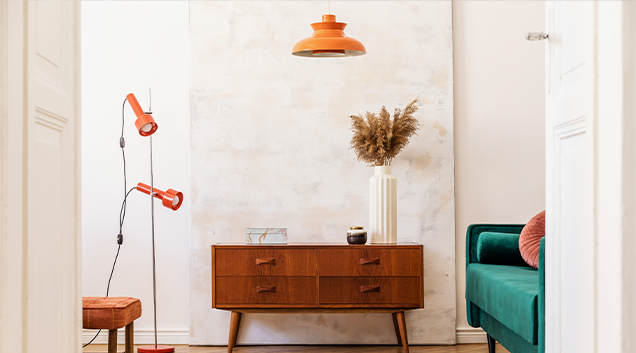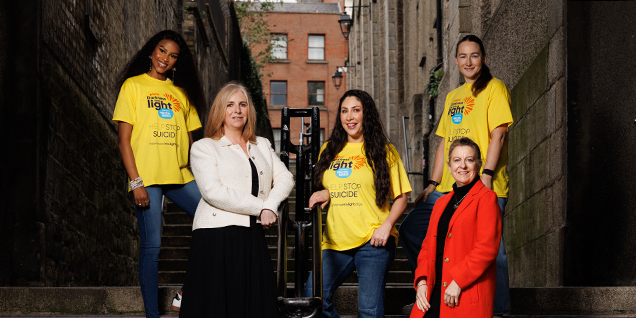5 sustainable design tricks to help with energy efficiency

Energy efficiency and sustainability have at last filtered down into our daily lives and homes. We’ve become more environmentally aware and want to make changes and make a difference.
If you are keen to make your home more sustainable and save energy in the long run, you need to consider every detail.
What you can do:
1. Window treatments
Windows can be responsible for up to 25% of heat loss in the home. High-performance windows can make a huge difference. If you have single-paned windows and you’re in a position to upgrade, go for double or even triple glaze if you can. Overtime the savings will pay for the outlay.If you’re not replacing your windows just yet – invest in insulated or heavy curtains, the best you can buy. Not only is the timeless drape back in vogue, but it is an extremely effective way of keeping heat in while cutting your energy costs. They can also give a room a real boost. Plush, heavy velvet for example, can give a warm, luxurious look, while doubling up as the perfect draught excluder.
2. Insulation
While insulation is not so much a design trick (though colour-coordinated draught excluders and stylish rugs on floor gaps are eye-catching), it can be a great way of saving energy and improving comfort in your home.
With your attic and roof accounting for up to 30% of heat loss in your home – it’s a good place to start with insulation. There are some great environmentally friendly products available now, including cellulose (made from recycled newsprint and other materials) and sheep’s wool. It’s worth checking the Sustainable Energy Authority of Ireland website seai.ie for information about its attic insulation grant, which can really give you that extra push to get started.
3. Lighting
One of the handiest energy-saving changes you can make in your home is to swap out your halogen bulbs for LEDs. LEDS use about a fifth of the energy and while they may be more expensive to buy, they will save you money in the long term. Switching a single 42-watt halogen bulb to a 9-watt LED, will save about €7 a year. And LEDs last up to 10 times longer.
Also check out some of the newer smart bulbs on offer. These can be dimmed or brightened depending on the mood, are extremely energy efficient and can operate off your Alexa or other virtual assistant. They come in a wide range of shapes and sizes, so you can choose to suit the style of your room or home.
Make maximum use of the natural light, by placing mirrors opposite windows to reflect the light. And remember too, light-coloured walls reflect light – so if a splash of paint is on the cards, look to the lighter side on the colour palate. That way, you won’t have to turn your lights on too early – small savings all add up.
4. Appliances
Appliances are always hungry for power, so think carefully when buying white goods. If you are purchasing or replacing kitchen appliances such as fridges, freezers, dishwashers and washing machines, make sure to go for most energy-efficient models you can afford. “A” rated appliances are the most efficient and “G” are the hardest on energy.
The higher rated appliances will cost a little more up-front, but that extra investment will be worth it in the long run. And they generally look great too.
5. Second-hand items
If you’re giving your home an overhaul and thinking of investing in furniture, buying used items is one of the most eco-friendly ways to decorate. You are contributing to the greater environmental cause – saving on the energy costs and resources used in manufacturing and transport. And you’re also cutting down on waste, deforestation and emissions.
High-quality new furniture is usually expensive and cheaper options often doesn’t last long – and much of it is fairly nondescript anyway.
By going second-hand, you can give your home a unique retro splash with pre-loved, good-quality pieces loaded with history and charm.
Read more: How to save energy on everyday household items
Read more: How to save energy when heating your home
Read more: How to travel sustainably by campervan
Follow Electric Ireland on social media: Twitter: @electricireland Facebook: @ Electric Ireland Instagram: @electricireland



